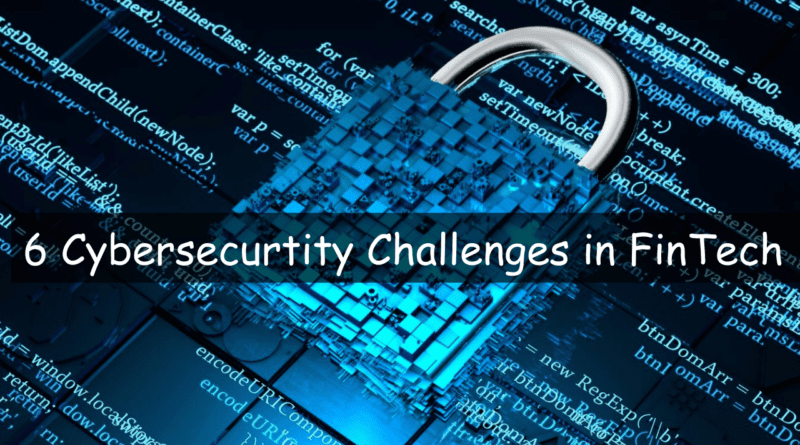Cyber security in FinTech: Safeguarding the Future of Finance
Why cyber security is essential for fintech? A good Security Engineer is indispensable for securing any fintech solution. Your container smoothly as sanctuary a step further by establishing a Develops team of engineers with solid hard and soft skills. A Matures team will quickly build software in agreement with the secure-by-design approach. It is the ideal approach intended for fintech companies looking to flexibly meet high-security standards. And innovate in areas that banks cannot address as efficiently.
How do you type a highly secure and compliant financial platform without wasting resources?. Save reading to learn about the vital cybersecurity policies, tools, and approaches to developing a FinTech platform. Here are some challenges about Cyber security in fintech solution
Table of content
- What is Cybersecurity?
- Identity Theft
- Data Breaches
- DDoS Attacks
- Integration Loopholes
- Regulatory Compliance
- Conclusion
1. What is Cybersecurity?
Cybersecurity, also known as data technology (IT) security or electronic information shelter. It is the multitude of technologies, frameworks, and processes used to protect computers, servers, electronic devices, systems, data, and networks from malicious attacks, damage, or unauthorized access.
2. Identity Theft
Cybercriminals use stolen or torn login credentials to impressionist users and admittance accounts on fintech apps, permitting them to good deal both money and sensitive personal information. A global survey of financial institutions in 2021 revealed that version overthrows had become a favorite source of dose by cybercriminals, with the number of endeavored takeovers rising 282% between 2019 and 2020.
One of the most mutual identity theft tactics contains API attacks that concession authentication demonstrations and other verification methods meant to retain accounts secure.
Strong device authorization and authentication mechanisms are part of your security policy to fight this threat and protect users.
3. Data Breaches
Since credit card and bank account figures to addresses security questions and answers, fintech apps contain incredible particular and financial data. This slight data is highly sought by cyber invaders looking to either use the data to recruit financial fraud or profit by trading it with others.
Strong-minded thieves launch phishing attacks to grow the data they want, sneak in malware, and take advantage of unprotected API endpoints without proper access controls.
They’re good at what they do and have stolen millions of account details and credit card numbers from fintech startups and established companies, including well-known foundations such as Equifax and JP Morgan Chase.
Business logic flaws are currently the most dangerous type of vulnerabilities that make it possible for workers to exploit the sincere functionality of your claim to gain access to delicate data and must be known and corrected before hackers can exploit them.
They are also selfsame time-consuming and problematic to test for manually because you have to skills a separate test for every conceivable way the API could be battered.
4. DDoS Attacks
In DDoS doses, hackers flood an app with traffic flow to crash it hopefully, strengthening a security collapse in the process. Countless APIs supporting fintech apps don’t have the rate-limiting or store limitations compulsory to stand off these targeted doses. Because of this, DDoS doses are a severe security risk to countless fintech claims.
Amount limiting restricts the number and occurrence of requests a given worker or IP address is permissible to send within a specific timeframe. Imposing this restriction container helps you defend against DDoS spells.
5. Integration Loopholes
Countless popular fintech functions, such as mobile assignments, require apps to interrelate with traditional banks. Mixing modern high-tech apps with the legacy systems habitually used by established fiscal institutions is a complex technical trial. The solution frequently involves multiple custom APIs, familiarizing numerous potential security susceptibilities. Without extreme attention to features and thorough testing, it’s easy to leave a loophole for cybercriminals to treasure and deed.
Conduct regular vulnerability scans to ensure exposed API endpoints are threatened by abuse. Do this after every modification to the source code, even the most minor tweaks, as patching one vulnerability could open another elsewhere.
6. Regulatory Compliance
Regulatory compliance isn’t a cybersecurity risk per se, but it is a trial. The fintech industry is strictly prospered and must comply with many banking regulations, data privacy laws, payment processing standards, investing regulations, and typical security protocols.
Possession and complying with all the necessities are difficult but needed. Regulators won’t hack or rock bottom your data, but they will implement severe consequences if you suffer a data break due to lax security or compliance.
Conclusion
A respectable Security Engineer is essential for securing any Cyber security in fintech solution. Your canister even takes security a step further by establishing a Develops team, entailing engineers with solid hard and soft skills. A Develops team will quickly build software in harmony with the secure-by-design approach. It is the ideal method for fintech companies looking to encounter high-security standards supply and invent in areas that banks cannot address as efficiently.

